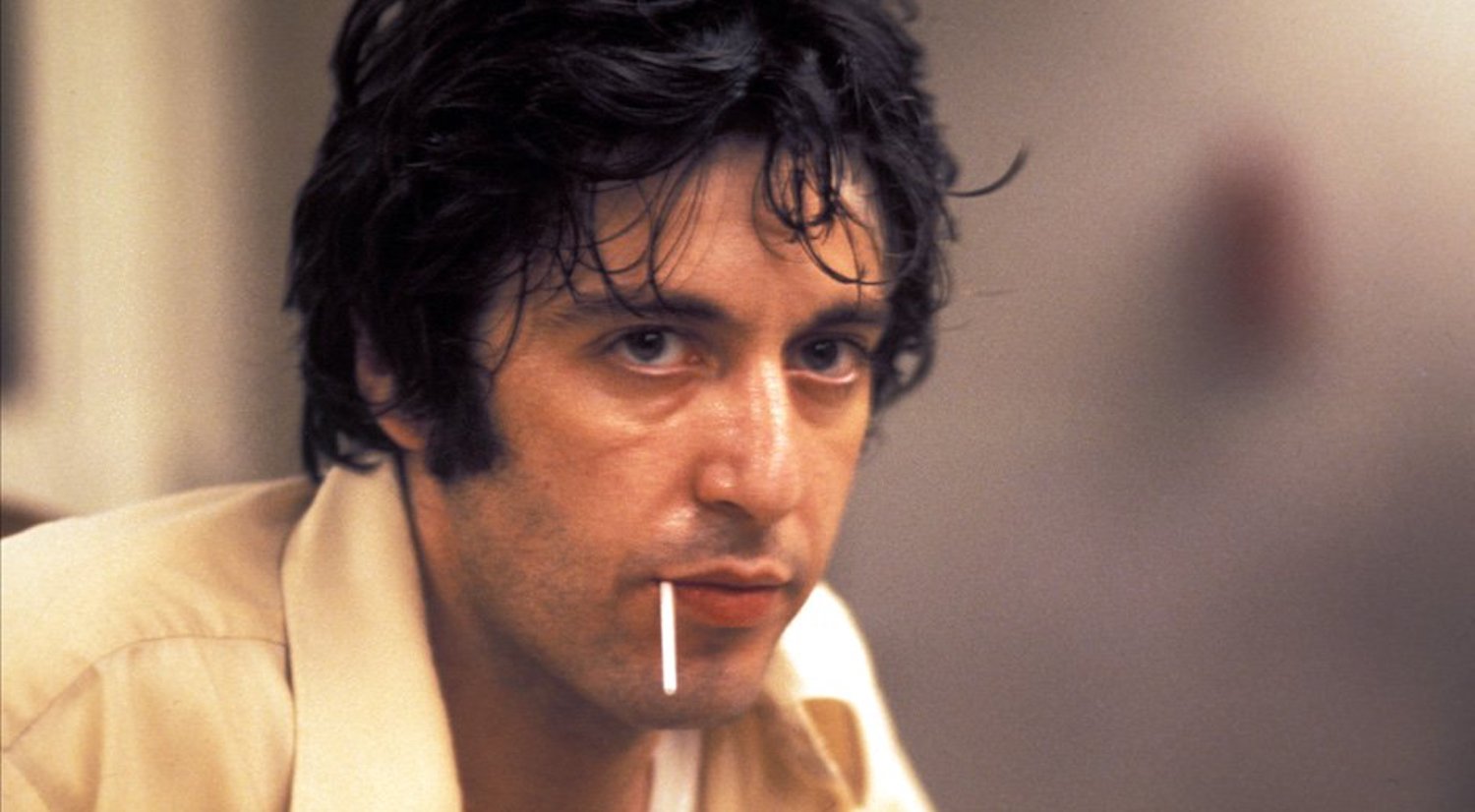
From negligent fathers and heroin junkies to bank robbers and self-destructive gamblers. These are the kind of characters that populate the films of the Safdie Brothers. A whole array of crooked individuals who are driven into extremely erratic behavior by their own desperation. If there is a recurrent theme in each of their first four features it’s the sense of an inescapable fate that dooms every character, who in turn challenge it by trying every dirty trick in the book. It can be nerve-wracking to see them dig themselves deep into trouble time and time again. But part of the appeal of their stories is how they manage to craft characters that ultimately feel real, all their flaws and sins considered.
In a sense, to talk about the Josh and Bennie Safdie is to talk about underground tales about people striving to survive. And they have made a career out of doing just that. This brotherly duo burst into scene gaining some buzz on indie circuit awards with Daddy Longlegs and Heaven Knows What, before taking every film head by storm with their coming-out party, Good Times. This crime thriller anchored by an unhinged Robert Pattisson marked their biggest critical hit to date and turned them into stronghold names.
Two years later they doubled down on Good Times’ frenzy and claustrophobic pace with Uncut Gems, another nail-biting movie led by one of the most unforgettable performances of the decade by Adam Sandler as a Jewish gem seller. The Safdie’s are starting to reap the benefits of success and have recently signed a two-year deal with A24 and HBO, while Bennie is set to star in Paul Thomas Anderson’s latest film. With a bright future ahead of them, there’s no better timing than now to collect ten of their all-time favorite thrillers.
1. La Haine (1995)
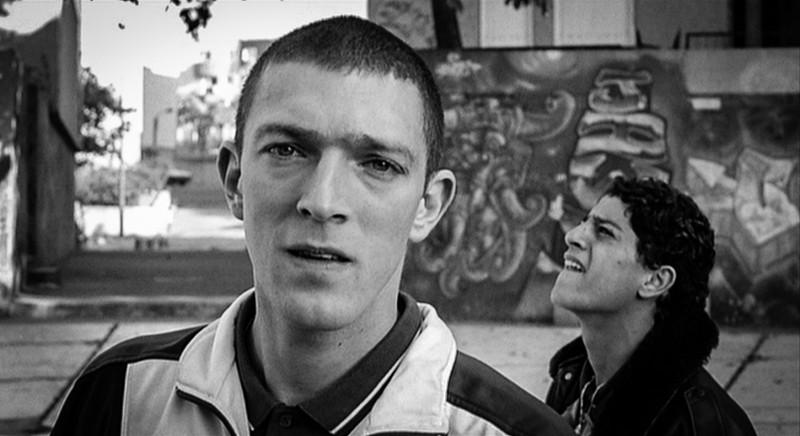
Do you enjoy the nihilistic flair and frantic rhythm to the Safdie Brothers? What about social turmoil symbolized through chaotic characters? If that’s the case, you will feel right at home with this modern French thriller. La Haine is a powerful cautionary tale about the endless cycle of hate that brings the worst in all of us. The movie puts us in the shoes of a troubled group of friends living in the banlieues of Paris during a time of civil unrest marked by violent riots against police brutality.
In the same vein as the Safdies, La Haine puts a spotlight on the harsh life of neglected castaways, opposed to the romanticized France we usually see in film through bourgeois lenses. If anything, this movie is an unfiltered autopsy on a decaying society begging for a change. And as a portrait of urban malaise, it’s as relevant now as it has ever been.
2. The Killing of a Chinese Bookie (1976)
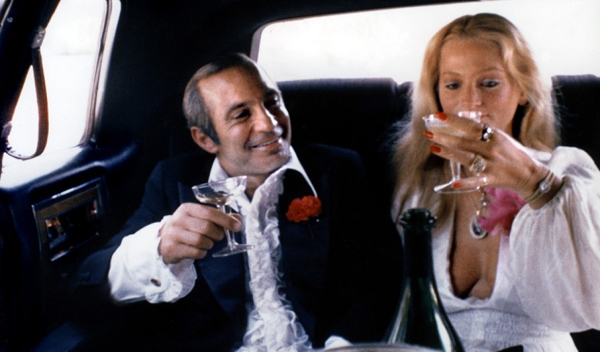
Simply put, there would be no Safdie Brothers without John Cassavetes. There is a reason why to this day the young pair of auteurs hold him as their “god and hero”. You could go as far as to say that they have embraced their role as the spiritual heirs to the legendary New Hollywood filmmaker. From the handheld camera close-ups, the morally ambiguous characters and the realistic feel to their stories, Cassavetes’ blueprint is all over their films.
It’s safe to say that Howard Ratner’s character in Uncut Gems owes a whole lot to Cosmo Viletti, the sleazy strip club owner from this hard-boiled noir. Just like Ratner, he proves to have quite a gambling problem and runs into trouble with the local mob as he tries to pay his way out of debt by carrying out a hit for them. In a similar way to the Safdies, Cassavetes deliberately wrote dysfunctional characters within unbearable situations, in an attempt to force the viewers to abstract their flaws and, if not relate to, at least sympathize with them.
3. Hard Eight (1996)
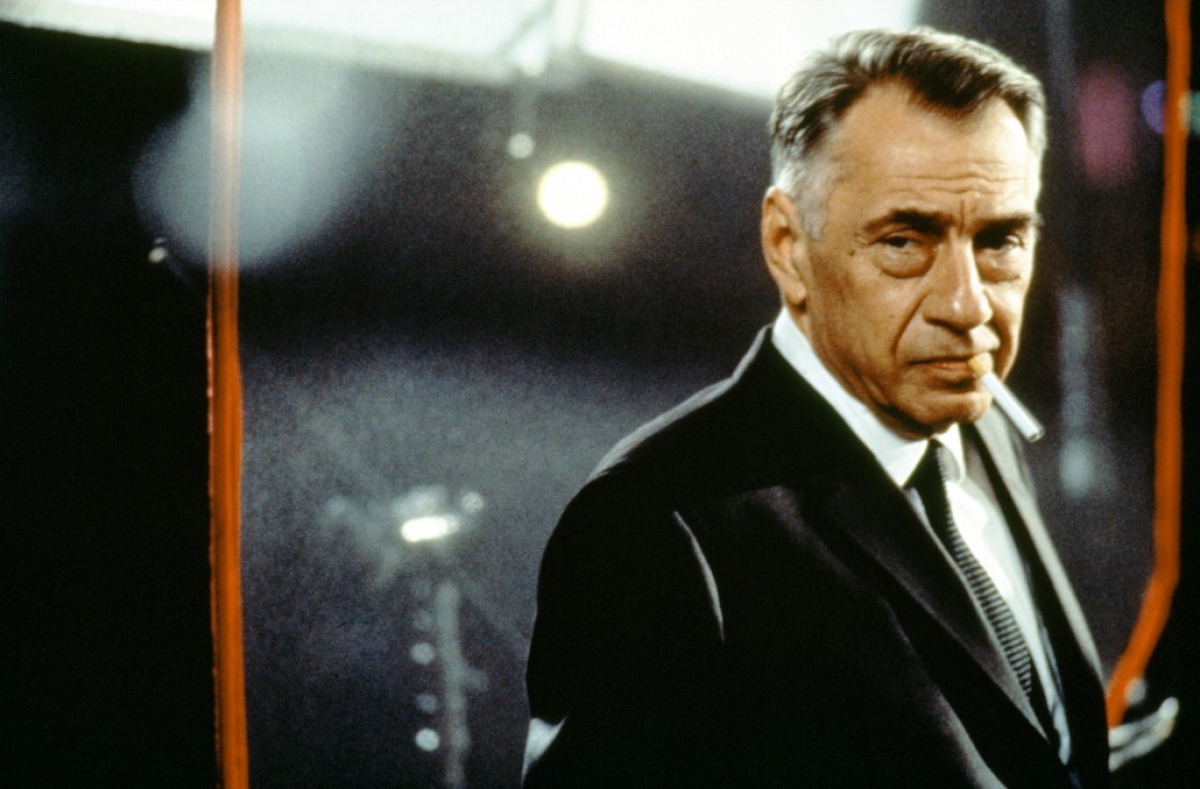
In 1996, one of the best emerging talents in contemporary American cinema burst into scene with this Las Vegas noir. Paul Thomas Anderson would go on to make some of the most acclaimed films of the past few decades in Magnolia, Boogie Nights and There Will Be Blood, so his first one is often unfairly neglected in favor of his following hits. But even for a debut made at the young age of 25, it’s a perfect microcosm of Anderson’s signature style and recurrent themes that would shape his career. The story follows a worn-out, veteran gambler who takes a desperate young man and an unstable hooker under his wing, showing them the in-and-outs of Vegas’ nightlife.
From the dysfunctional surrogate family dynamics and sharp dialogue to the smooth extended tracking shots, it has plenty of the key ingredients to Anderson’s unmistakable flair. The biggest inspirations for Anderson and the Safdies converge a lot, from the ensemble epics of Altman to the character studies of Scorsese having integral influence on their films. To this day they have a very solid relationship and respect to each other’s craft, so it’s not a shocker to see Bennie starring in PTA’s upcoming film.
4. The Long Goodbye (1973)
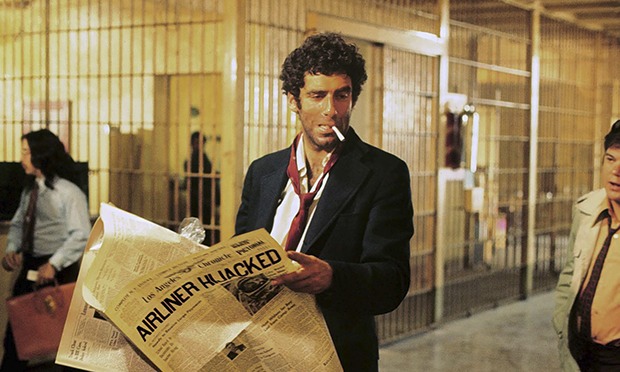
In a way, Robert Altman made the ultimate anti-thriller in The Long Goodbye. Part of the reason why it has gone down in history as one of his most influential films is because it proved to be the perfect antithesis to the overused clichés of the noir and thrillers of old. The film stars Elliot Gould as a wisecracking and off-beat private investigator who unwittingly finds himself embroiled in a convoluted mystery. The Long Goodbye paved the way by showing with its laid-back approach that thrillers didn’t need to be somber, gritty and self-indulgent to tell a good story.
Every aspect of Gould’s character is deliberately unconventional, from his surprisingly calm demeanor to his charming goofiness, in an attempt at flipping over the typical archetype of the immaculate detective that was always championed in old pulpy stories. The Safdies are huge admirers of Altman, and they definitely take cues from his naturalistic style in their own work. Bennie raved about how the director “creates real people with real emotional histories”, claiming that “you really feel like you experience everything with them”.
5. Dog Day Afternoon (1975)
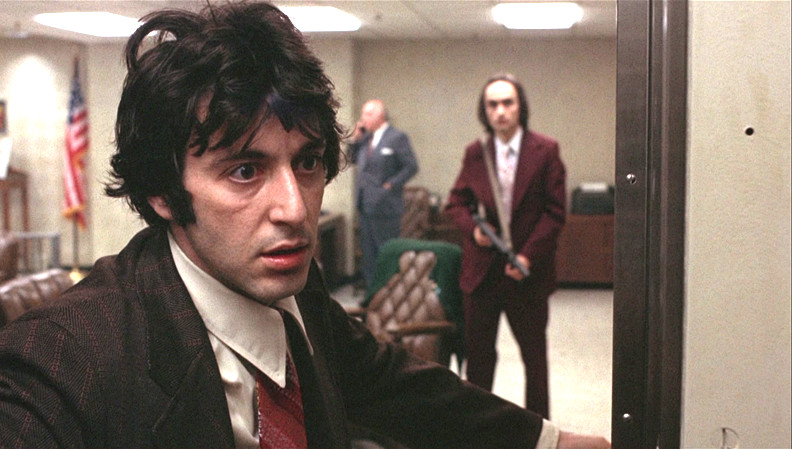
One distinct trait of Josh and Benny’s filmmaking is how it heavily features ostracized communities that are often ignored in cinema. By portraying the every-day life of people from different backgrounds, their films shed some light on their daily hardships. This Sydney Lumet’s classic proved to be ahead of its time and became revolutionary with its realistic depiction of the queer community. Based on a real-life attempted bank heist that occurred years earlier in Brooklyn, it tells the story of two close friends, Sonny and Sal, who created a media frenzy with their botched robbery.
By the time Sonny and Sal’s real motivations are revealed, they soon develop into the most relatable and vulnerable characters in the whole film. Josh Safdie included it as one of his five all-time favorite films, complimenting Pacino’s “emotionally messy, but driven” performance and praising the movie for being a beautiful portrait of the homosexual community at that specific time. He also said that Dog Day Afternoon was “one of the most romantic movies I’ve seen, a beautiful and devastating story”.